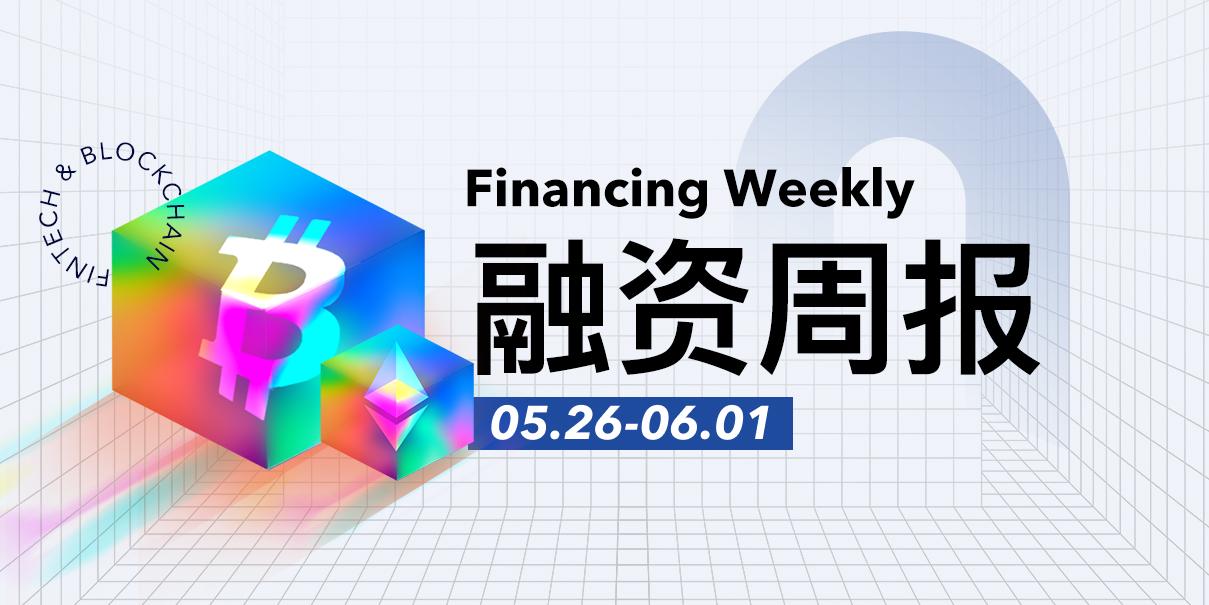Pioneering Breakthrough: US and South Korea Forge Ahead on Digital Asset Policy
BitcoinWorld
Pioneering Breakthrough: US and South Korea Forge Ahead on Digital Asset Policy
The world of digital assets is rapidly evolving, and with it, the urgent need for robust regulatory frameworks. A recent high-level meeting between South Korean lawmaker Min Byung-deok and former U.S. Representative Patrick McHenry underscores a pivotal moment for global digital asset policy. This significant discussion, reported by ET News, signals a strong intent to foster international collaboration.
On Tuesday, these two influential figures exchanged views on crucial aspects of crypto regulation. Their dialogue aims to pave the way for a more harmonized future, addressing the complexities and opportunities presented by the burgeoning digital economy.
Why is Digital Asset Policy Cooperation Crucial?
The digital asset space transcends national borders. A lack of unified standards can unfortunately hinder innovation and create regulatory arbitrage. Therefore, cooperation, like this important discussion on digital asset policy, is absolutely essential for ensuring compatibility and interoperability across different markets.
This proactive approach seeks to build a stable and secure environment for all participants worldwide. By working together, nations can mitigate risks, foster innovation, and unlock the full potential of blockchain technology. Such collaborative efforts are foundational for a thriving global digital economy.
Shaping the Future: Key Areas of Digital Asset Policy Discussion
The core of their conversation centered on two critical pillars:
- Enacting a Basic Law for Digital Assets: This involves establishing foundational legal principles to govern the entire digital asset ecosystem. Such a framework provides much-needed clarity and a predictable environment for businesses and investors alike.
- Institutionalization of Stablecoins: Stablecoins, designed to maintain a stable value, are increasingly important for transactions and financial stability. Their proper integration into traditional financial systems requires careful regulatory consideration to manage risks while harnessing their potential benefits.
Both Min and McHenry agreed on the necessity of strengthening cooperation between the U.S. and South Korea. This collaboration is vital for improving the compatibility and interoperability of their respective digital asset policy frameworks, setting a global example for others to follow.
The Wisdom Behind a Forward-Thinking Digital Asset Policy
Former Rep. McHenry, with his extensive experience as chairman of the U.S. House Financial Services Committee, offered valuable insights. He commended the approach, stating that “addressing the entire digital asset ecosystem is a very wise and forward-thinking strategy.”
He further emphasized South Korea’s unique opportunity: “South Korea could achieve legislation far superior to that of most other countries if it firmly establishes foundational principles.” This highlights the immense benefit of a comprehensive, principle-based digital asset policy.
By laying strong groundwork now, South Korea can position itself as a global leader in responsible innovation. This can potentially set a benchmark for other nations to follow, demonstrating how to balance progress with protection effectively and responsibly.
Navigating the Complexities of Digital Asset Policy
While the path to harmonized digital asset policy is promising, it is not without its challenges. Policymakers frequently encounter several hurdles:
- Regulatory Divergence: Different nations often have varied legal traditions and economic priorities, making it complex to align regulations seamlessly across borders.
- Rapid Technological Change: The pace of innovation in digital assets often outstrips the speed of legislative processes. This requires flexible and adaptable policy frameworks that can evolve quickly.
- Consumer Protection vs. Innovation: Striking the right balance between safeguarding investors and fostering technological advancement is a continuous tightrope walk for policymakers.
These high-level discussions are crucial steps in addressing these complexities head-on. They aim for solutions that promote both security and growth within the digital asset sector, ensuring a robust future.
The meeting between Min Byung-deok and Patrick McHenry represents a significant stride towards global collaboration on digital asset policy. Their shared vision for robust legislation and the institutionalization of stablecoins underscores a collective commitment to building a more secure, interoperable, and innovative digital asset landscape. This partnership could indeed set a powerful precedent for future international regulatory efforts, shaping the future of finance for everyone.
Frequently Asked Questions (FAQs)
Q1: What was the primary focus of the meeting between Min Byung-deok and Patrick McHenry?
A1: The primary focus was to discuss crucial aspects of digital asset policy, including enacting a basic law for digital assets and the institutionalization of stablecoins, aiming for enhanced US-South Korea cooperation.
Q2: Why is international cooperation important for digital assets?
A2: International cooperation is vital because digital assets transcend national borders. It helps ensure compatibility and interoperability between different markets, mitigating risks and fostering innovation through harmonized digital asset policy.
Q3: What did Patrick McHenry say about South Korea’s potential in digital asset legislation?
A3: McHenry commented that South Korea has the potential to achieve legislation far superior to that of most other countries if it firmly establishes foundational principles for its digital asset policy.
Q4: What are stablecoins, and why are they a key discussion point?
A4: Stablecoins are cryptocurrencies designed to maintain a stable value, often pegged to a fiat currency. Their institutionalization is a key discussion point because proper regulation is needed to manage risks and integrate them safely into financial systems.
Q5: What challenges do policymakers face in developing digital asset policy?
A5: Policymakers face challenges such as regulatory divergence among nations, the rapid pace of technological change requiring adaptable frameworks, and balancing consumer protection with fostering innovation.
Did you find this discussion on US-South Korea digital asset cooperation insightful? Share this article with your network on social media to spread awareness about the evolving landscape of global digital asset policy and the crucial steps being taken towards a more secure and innovative future!
To learn more about the latest digital asset policy trends, explore our article on key developments shaping crypto regulation and institutional adoption.
This post Pioneering Breakthrough: US and South Korea Forge Ahead on Digital Asset Policy first appeared on BitcoinWorld and is written by Editorial Team
คุณอาจชอบเช่นกัน

Trump: Fed Chairman Powell should cut interest rates by 250 basis points

AI stocks extend rally, CoinShares Bitcoin Mining ETF hits all-time high
